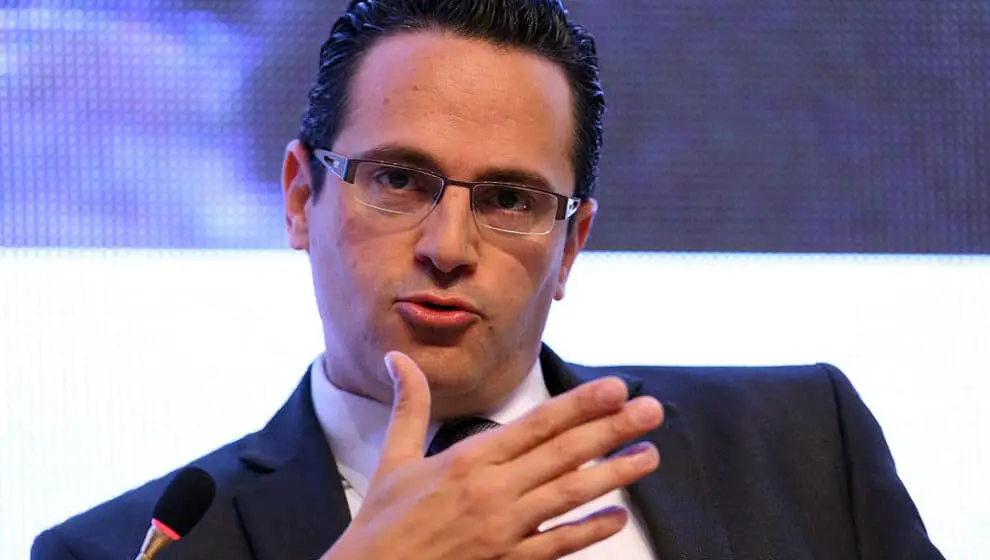In recent years, oil companies have increased focus and investment on renewable options, in some cases planning to scale back overall oil production. But as oil demand grows, companies like Shell are revisiting these commitments.
Key Details
- Last week, Shell CEO Wael Sawan shared that the company is rethinking its previous commitment to reduce oil output by 1% to 2% annually through 2030.
- Sawan recently became Shell CEO and committed to reviewing all of Shell’s operations and boosting the company’s overall performance.
- While Sawan is reviewing Shell’s plan to reduce oil output, he has also stated that he supports his predecessor Ben van Beuren’s plan to focus the company on low-carbon energy options.
- Shell anticipated that its oil and gas output would be between 1.8 billion and 2 million barrels per day this quarter, Reuters reports.
- Fellow oil producer BP reversed course on plans to reduce its oil and gas output by 40% over the next 10 years. Its reduction goals are now 25%.
Why it’s news
The Russian invasion of Ukraine is one of the main causes of oil companies walking back their plans to reduce oil production. With sanctions and price caps placed on Russian oil, countries that previously relied on it have started looking elsewhere for resources, prompting companies like Shell and BP to up their production.
Increased demand for oil has also led to greater profits for oil companies. Last year, oil companies reported record-breaking profits. Exxon, in particular, set a new record for the Western oil industry, bringing in $56 billion in 2022. The combined oil industry brought in nearly $200 billion last year, Reuters reports.
Oil companies’ decision to reduce oil output was coupled with commitments to invest in renewable and clean-energy options. Shell reported that it spent around $3.5 billion in renewable and energy solutions investments last year. However, despite a record profit from the previous year, it does not plan to increase renewables investments.
OPEC’s oil cuts could also influence western oil producers like Shell and BP. In October, OPEC and its allies decided to reduce oil output, bringing it down to 2 million barrels released per day. The decision came around the same time the European Union agreed to impose a price cap on Russian oil.
With less oil coming from OPEC and Russia, Western oil companies have a greater incentive to increase output and meet global demand.
Last year, oil demand was lower than expected as there was reduced demand from China during its COVID-related lockdowns. Now that China has opened back up, demand is expected to rise. Oil producers will have to adjust output to match changing demand, meaning Western companies ramp up production even more.
